3 Career Paths for Master Welders
As a master welder, you have the opportunity to explore diverse and exciting career paths. Welding is a skill that extends far beyond simply joining metals together; it's a craft used across many industries that requires precision, innovation, and expert knowledge. If you're a master welder looking to advance your career, there are a number of fields offering rewarding challenges and opportunities for growth. Here are some career paths that could be perfect for you following an education at the top welding training schools.
1. The Aerospace Industry
One of the most promising industries for master welders is aerospace. As the world of aviation continues to evolve, with advancements in both aircraft and spacecraft, the need for highly skilled welders is crucial. Whether it's building airplanes, military jets, or spacecraft, master welders play a key role in ensuring the structural integrity of these critical machines. Welding in the aerospace industry requires a great deal of precision, which makes it both a challenging and rewarding field. Aerospace welding can lead to long-term career stability, given the high demand and specialized nature of the work.
2. The Field of Robotics and Automation
Another exciting career path is in robotics and automation. As more industries turn to automation to improve efficiency, welders with experience in working alongside robotic systems are in high demand. Master welders can contribute to designing, programming, and maintaining robotic welding systems, which are crucial for high-precision tasks. According to the American Welding Society, an estimated 159,000 welding professionals are nearing retirement, creating opportunities for experienced welders to step into leadership roles and train the next generation of welders. Welding training schools are increasingly focusing on teaching skills related to automation and robotics, allowing master welders to transition smoothly into these high-tech roles.
3. The Oil and Gas Industry
The oil and gas industry remains a significant field for master welders. The sector requires ongoing maintenance and construction of pipelines, refineries, and other critical infrastructure to facilitate the continued production and distribution of energy. Welders in this industry often take on roles that involve overseeing large-scale projects, ensuring the safety and quality of welds, and maintaining compliance with industry regulations. Master welders in the oil and gas industry also work on projects that are vital to energy production and sustainability, offering substantial career growth and advancement.
The skills developed through welding training schools and practical experience allow you to explore exciting opportunities in many industries. As industries continue to evolve, the need for skilled welders remains indispensable, making it the perfect time to embrace new challenges and contribute to innovative projects. For more information, contact Crider's Institute of Welding Technology today.

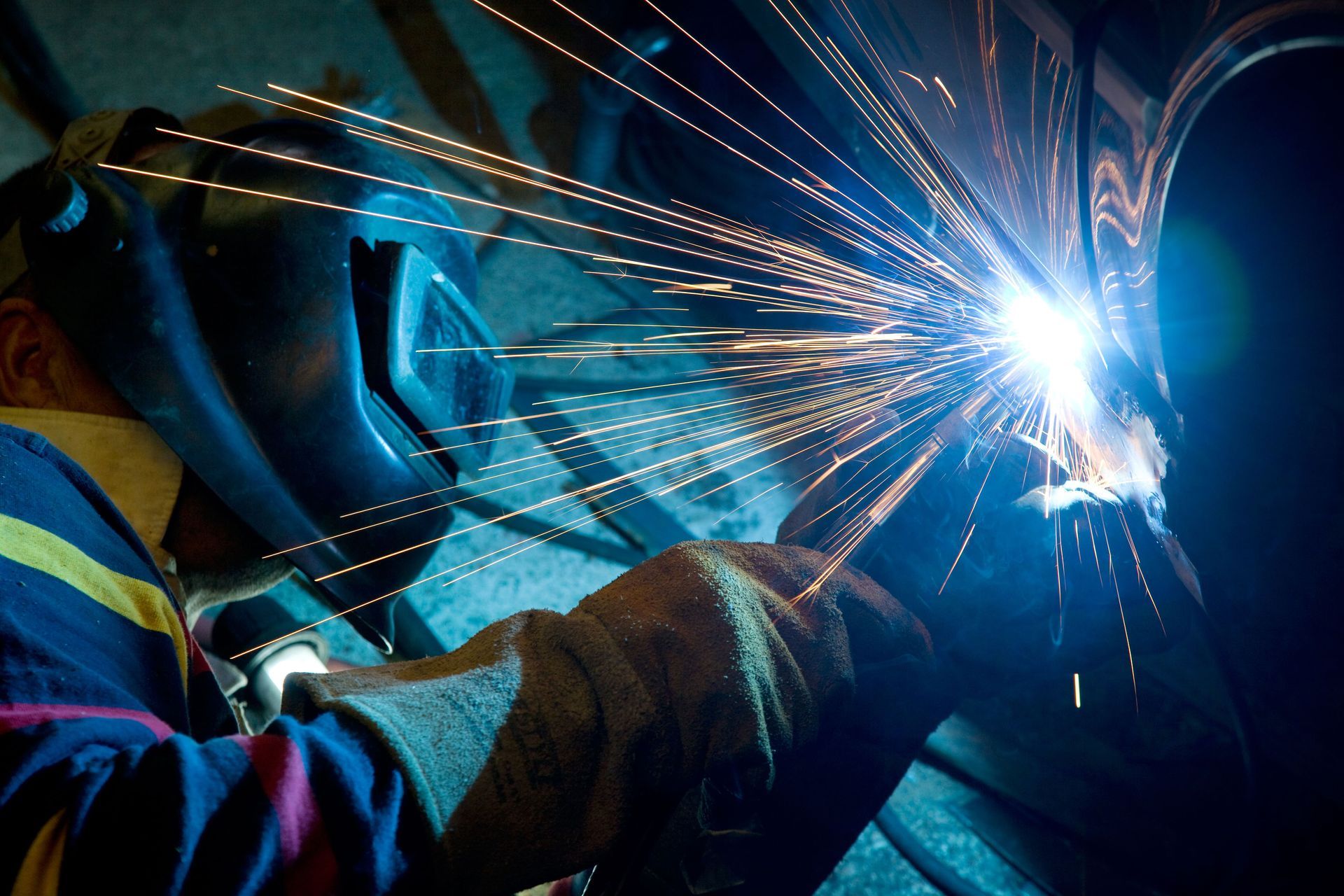
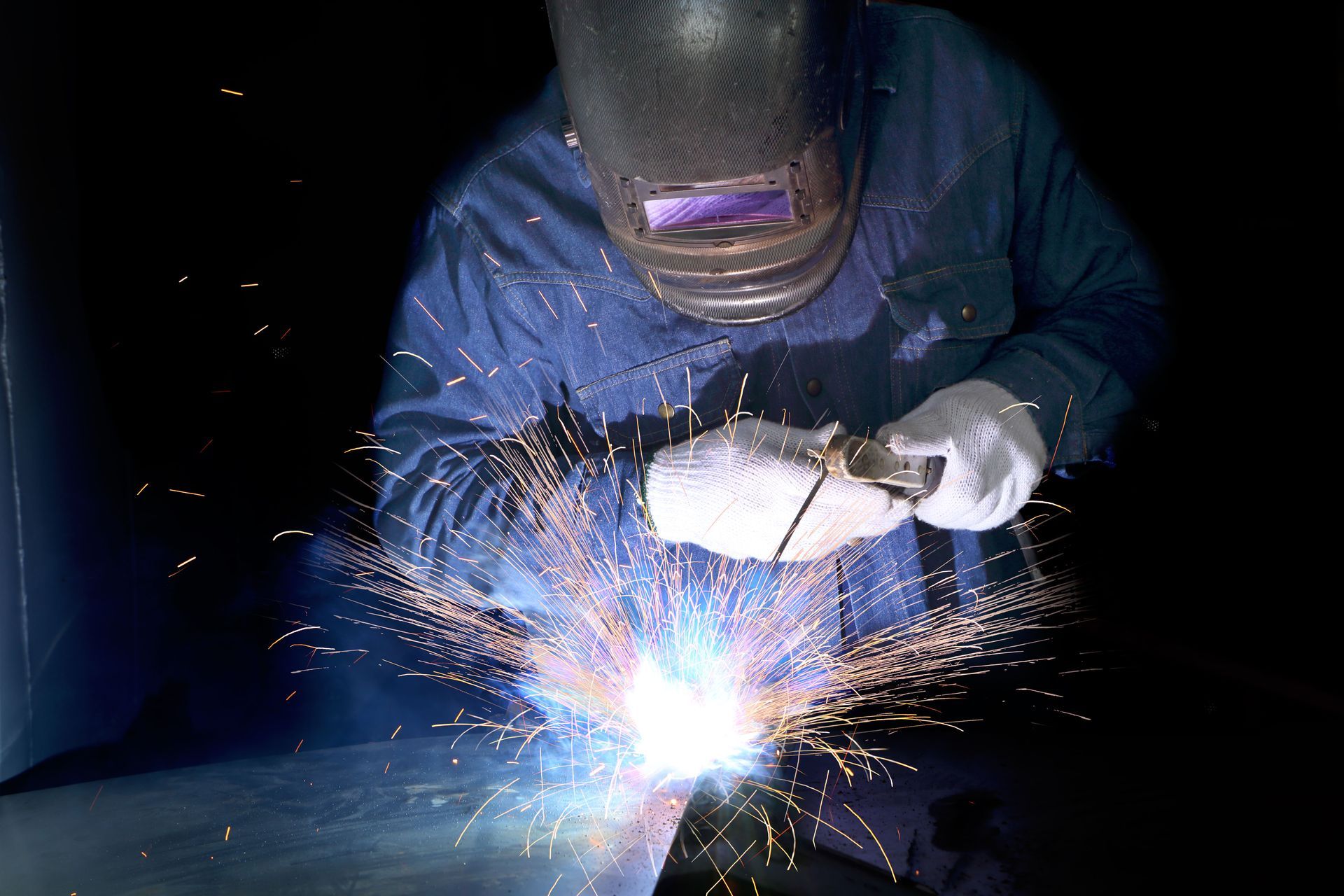

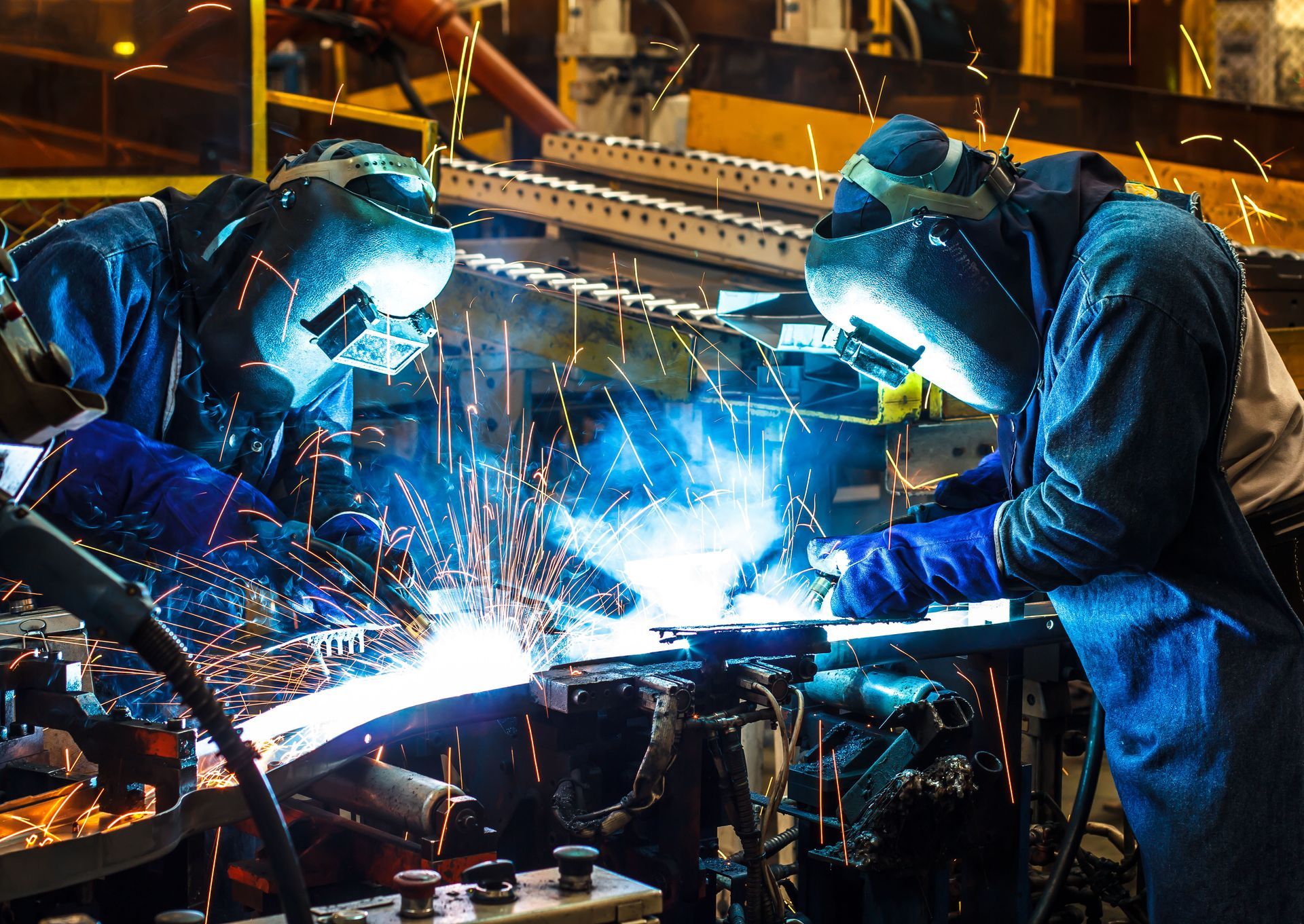
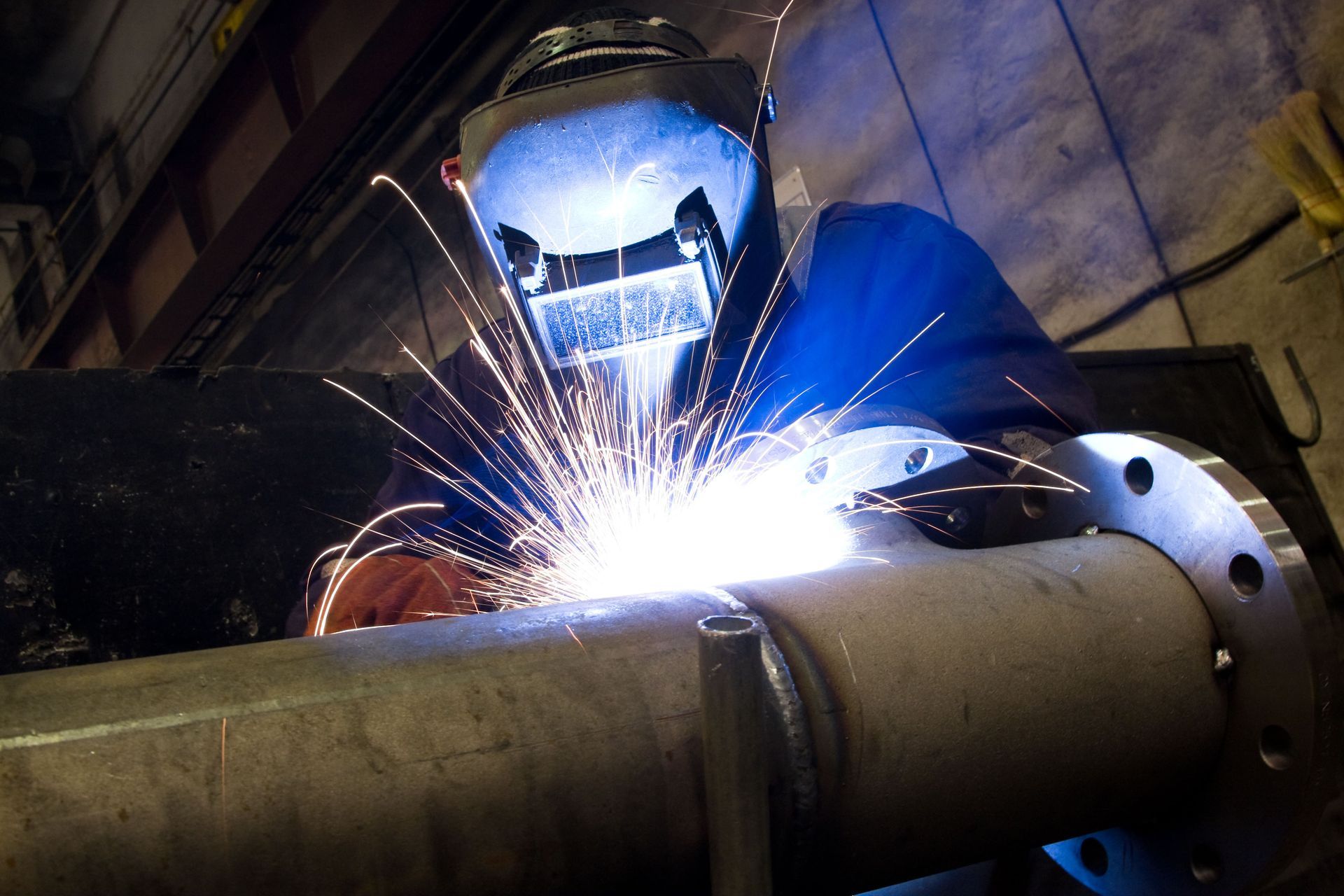
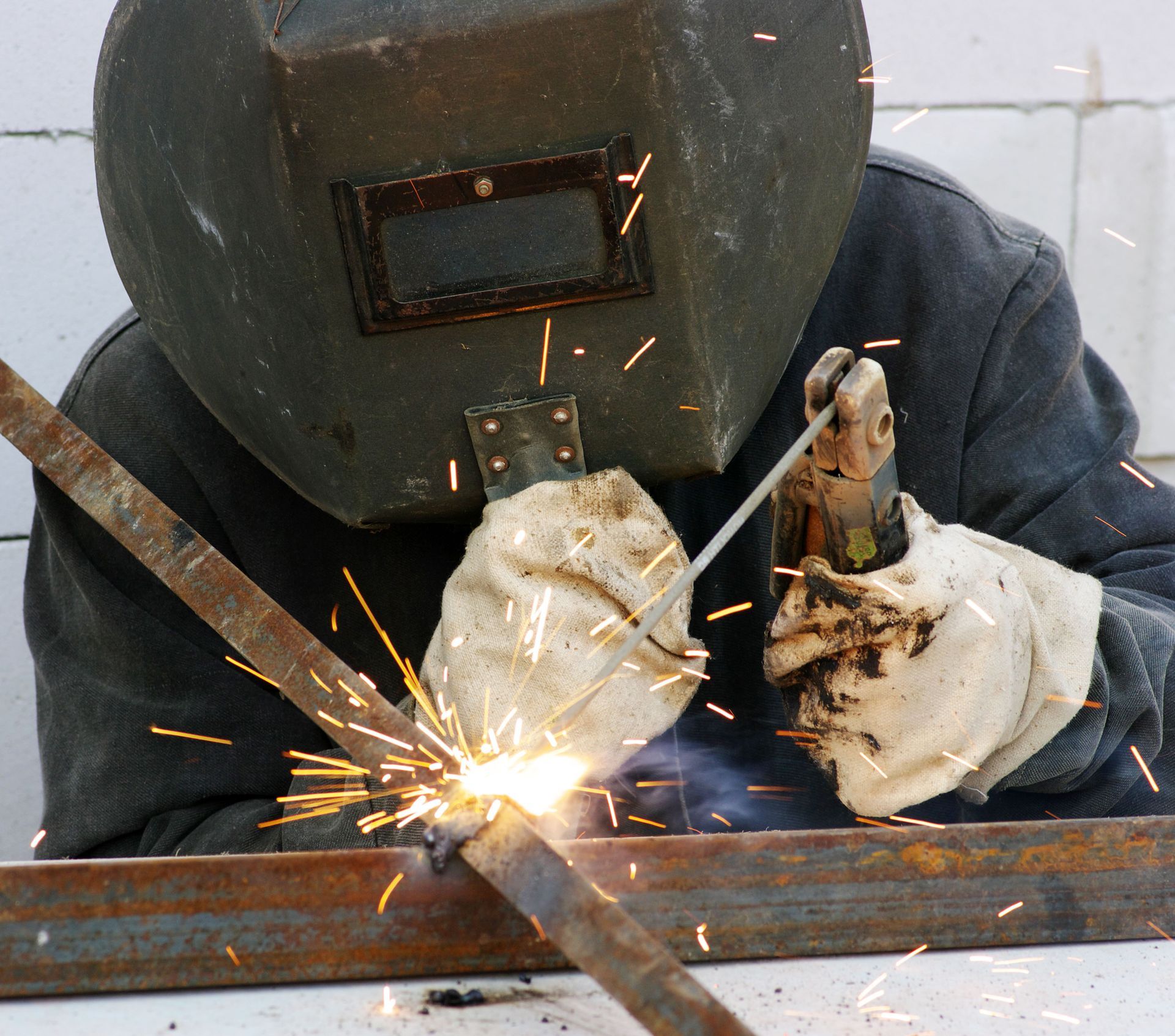
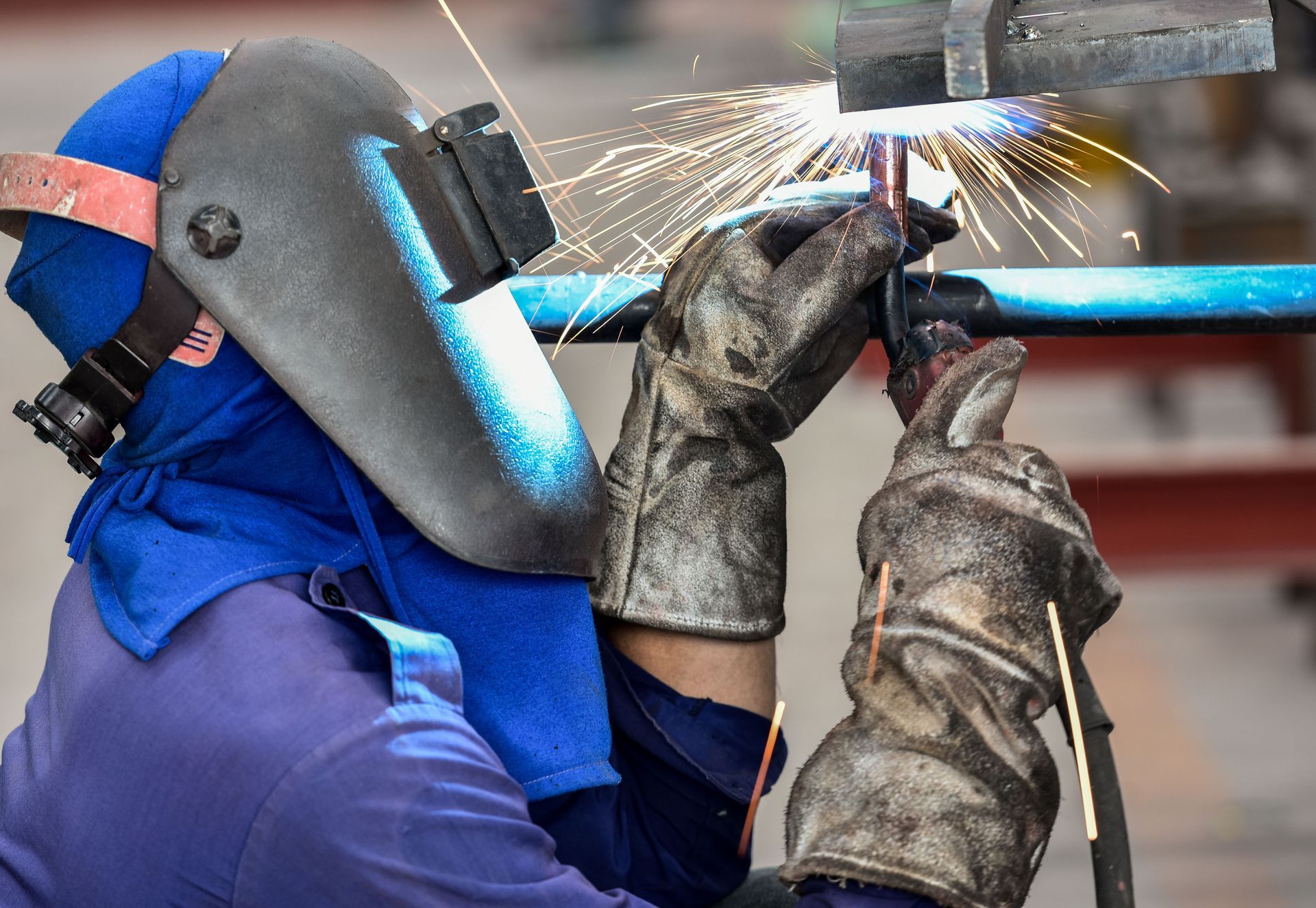
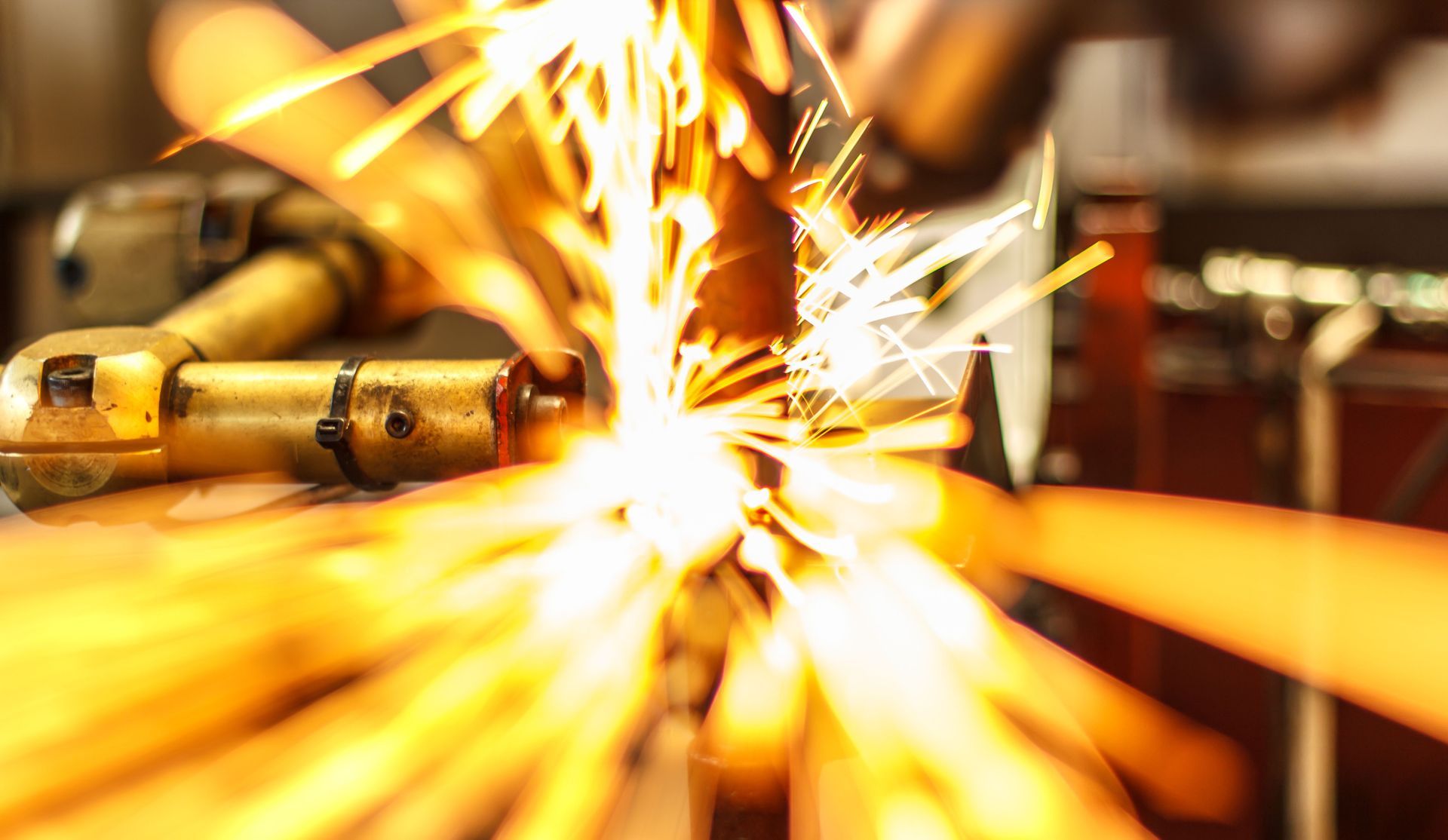

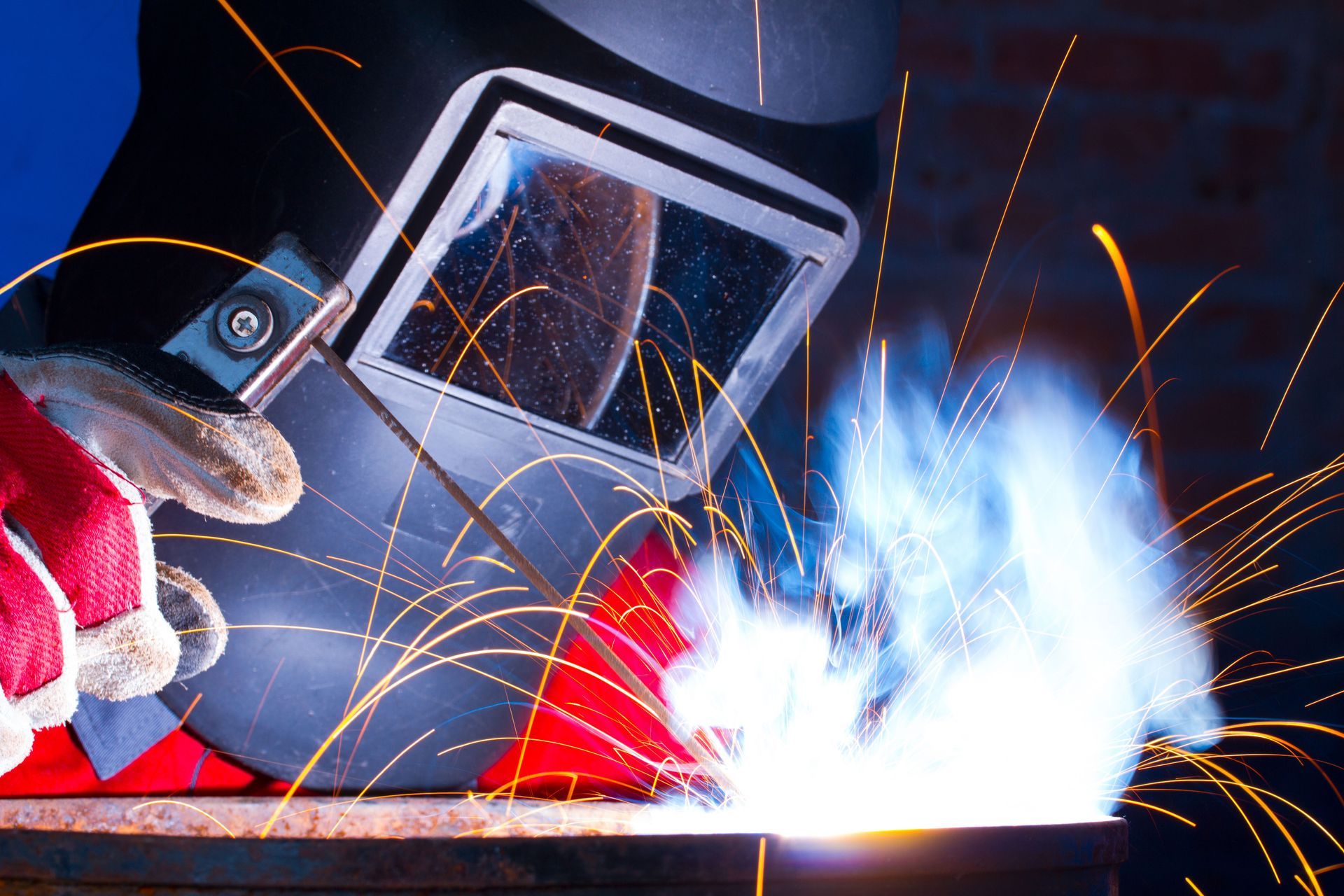
Share On: